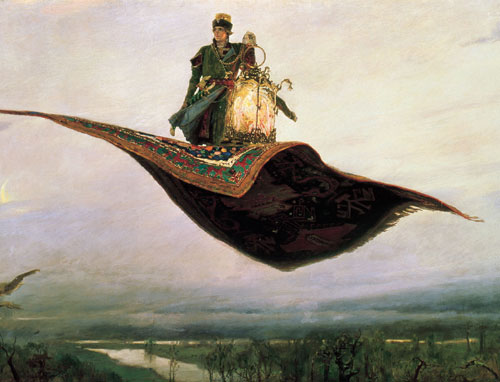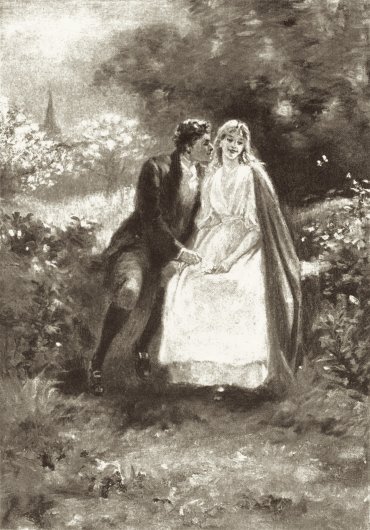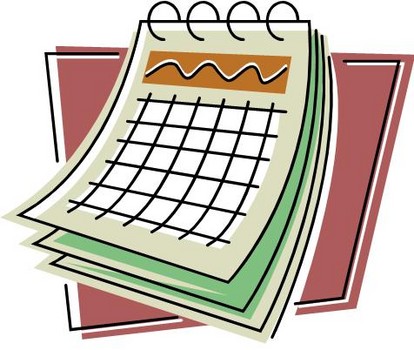In March of 2010 a number of aspiring writers, including myself, attended a seminar that inspired us in ways we’d never expected. I met a number of amazing people at the Superstars Writing Seminar. People whom I will consider close friends for the rest of my life. When Clancy asked if I’d like to stay in touch and handed me a piece of paper, I added my name to the list. I never imagined how that would change my life.
Every week for a solid year the Superstars Goal Group, as we called ourselves, sent emails to one another listing our accomplishments for the previous week and our goals for the following week. Kylie spearheaded the group during that time, making sure the email never skipped a beat. It was a great motivator for me, and I think it served a similar function for the rest of us. As we went along, I also noticed that when anyone had a question, with our combined resources and experience, there were always at least two or three people who had useful answers. Though most of us were unknown at that point as writers, as a group we had something to offer.
In one of those goal emails, on March 7, 2011, I posted this as an afterthought: “Has anyone ever considered putting together a blog of some kind? If everyone contributed and we only did weekly posts then it wouldn’t take up much of our time. We could do spec fiction, book reviews, or aspiring writer helps-talking about workshops, retreats, conferences, local writing groups, how we manage our various obstacles for our time… etc.” As you can surmise, the response was positive.
We invited a friend of mine, and very talented writer, Heidi Berthiaume to join our group. She didn’t stay for long, but she orchestrated much of our web design and helped us with initial formatting. As we searched for a name, a few of the more interesting suggestions were: FlingingWords, respiringwriters, FlyingAuthorSaucer, and GeekAndYeShallFind. (P.S. Demian ran the e-vote and did the initial setup for the blog, and Rich came up with the name we eventually chose-Fictorians). Heidi set up a calendar page to keep us all on track, and Matt has always jumped up with technical assistance when those of us who don’t understand computer code need a little help.
I believe our first post, March 30, 2011, was by Nancy, “The Benefit of Holding Hands,“ and that summarizes the reason for all the name-dropping I’ve been doing for the past few paragraphs. What I love most about our Fictorian community is that we really do hold hands. We’ve critiqued one another’s work on occasion, we’ve written blog posts together, and we’ve cried and congratulated together during the most difficult and most successful points in our careers. From the blog’s inception, we’ve worked together in a way that I believe is rarely seen. And not just two or three people. Take a look at the Fictorian list, guest post bloggers, and the entire community. Even those who have been pulled away by other commitments remain guest posters.
With Evan as the moderator, the active Fictorians have had an annual conference call to supplement our email conversations and make the big decisions. In everything we’ve done, we’ve decided it together. The votes aren’t always unanimous, but they are always amicable. I feel supremely privileged to be part of this group, and look forward to another year as we strive to achieve our main goal of helping other writers.



